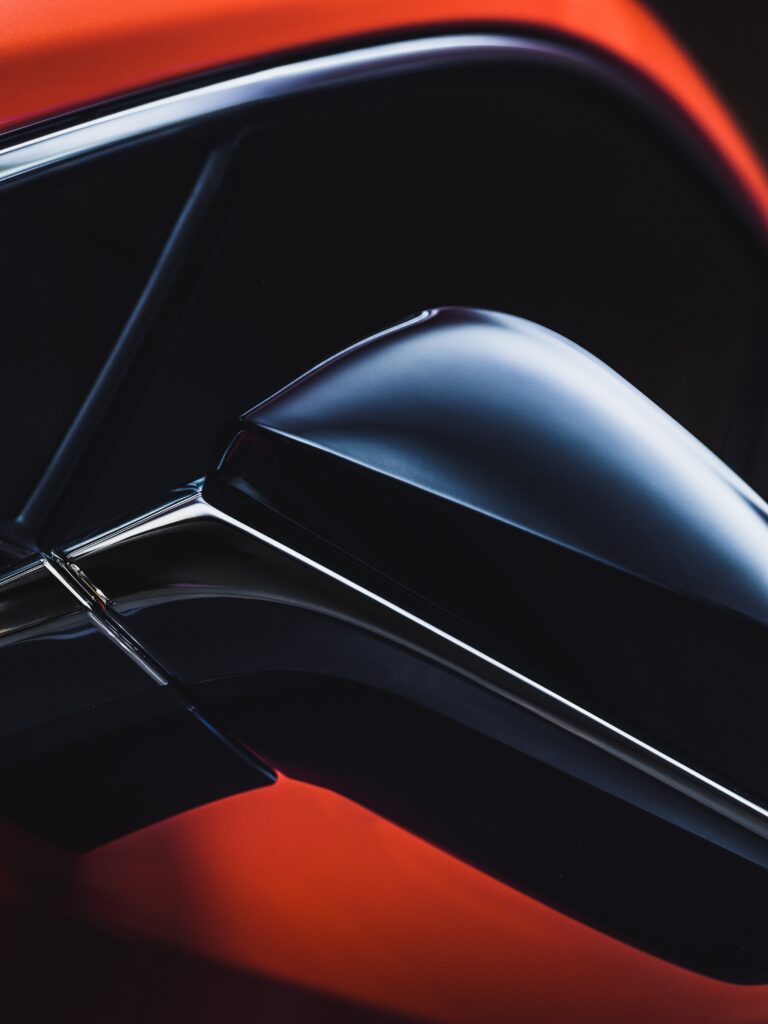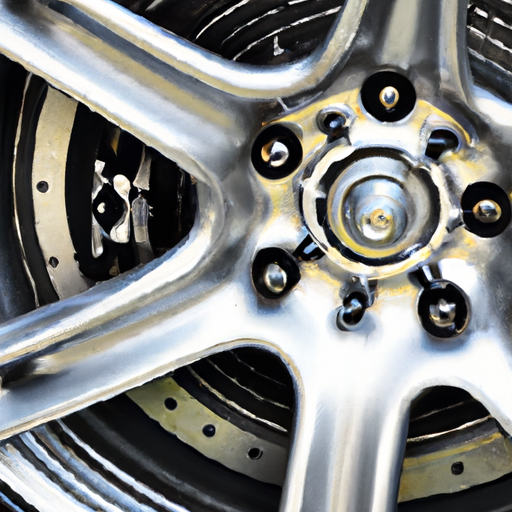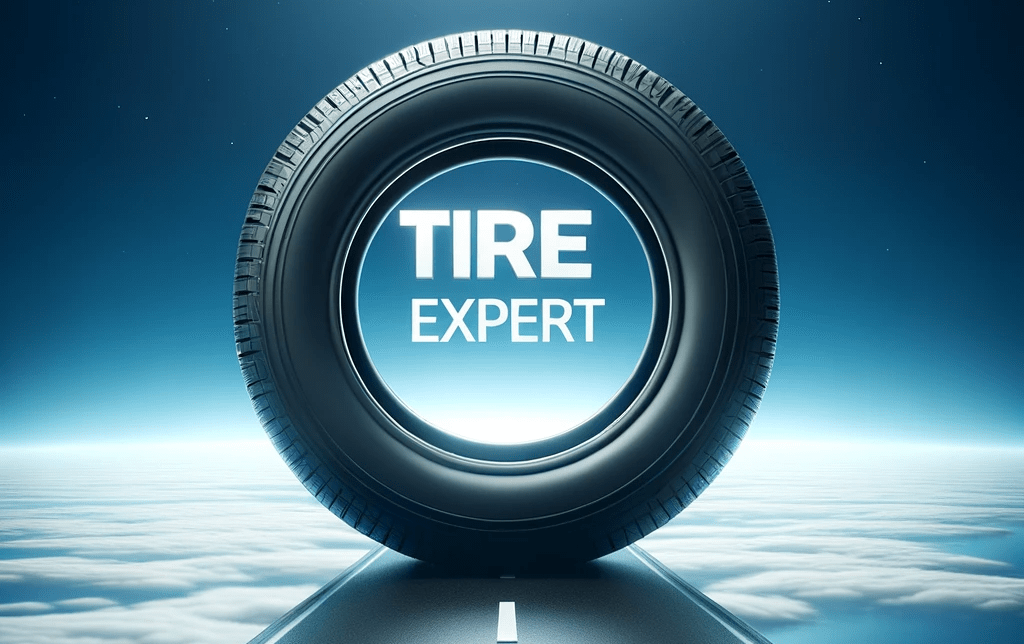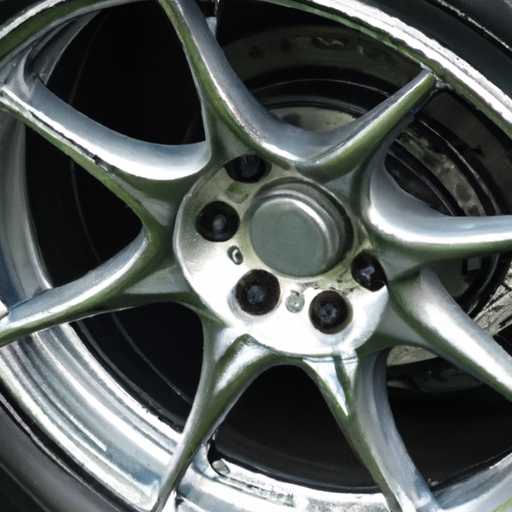Are you in the market for new wheels for your car but unsure whether to go for hub-centric or lug-centric ones? This article will shed some light on the debate and help you make an informed decision. Exploring the advantages and disadvantages of both types, you’ll gain a clear understanding of which one would be the best fit for your car. So, let’s dive in and discover the key differences between hub-centric and lug-centric wheels!
Importance of Wheel Types
Enhancing Performance
When it comes to enhancing the performance of your car, the choice of wheel type plays a crucial role. Wheels are more than just a round object that holds the tire; they are an essential component that can make a significant difference in how your vehicle performs on the road. The right wheel type can improve acceleration, cornering, and overall handling, giving you a more enjoyable and smooth driving experience.
Ensuring Safety
Safety should always be a top priority when it comes to choosing the right wheel type for your car. The wheels are responsible for supporting the weight of the vehicle and providing stability while driving. With the wrong wheel type, you may risk compromising your safety on the road. It is important to select wheels that are specifically designed and tested to meet the weight and load capacity requirements of your car.
Aesthetics and Personal Preference
While performance and safety are crucial factors, let’s not forget about the visual impact that wheels have on the overall appearance of your vehicle. Choosing the right wheel type can enhance the aesthetics of your car and give it a personalized touch. Whether you prefer a sleek and sporty look or a more classic and elegant style, there are various wheel types available to suit your personal preference and complement the design of your vehicle.
Understanding Hub-centric Wheels
Definition and Function
Hub-centric wheels are designed with a center bore (hub bore) that matches the size of the hub on your car. This creates a precise and secure fit, ensuring that the weight of the vehicle is evenly distributed across the hub and reducing the stress on the lug bolts. Hub-centric wheels rely on the hub to support the weight of the car, reducing the load on the lug bolts and preventing excessive pressure on the studs.
Advantages
One of the main advantages of hub-centric wheels is the improved stability and balance they provide. By distributing the weight evenly across the hub, hub-centric wheels minimize vibrations and ensure a smoother ride. They also offer better centering and alignment, which can improve handling and reduce wear on suspension components. Additionally, hub-centric wheels provide added safety as they are less likely to experience issues such as wheel wobble or vibrations caused by an improper fit.
Disadvantages
While hub-centric wheels offer numerous benefits, they may not be compatible with all vehicles. Some cars have lug-centric hubs, which means the center bore is larger than the hub bore. In such cases, using hub-centric wheels may require the use of hub-centric rings or adapters, adding an extra step to the installation process. Additionally, hub-centric wheels can be more expensive compared to lug-centric wheels due to their precision engineering and manufacturing process.

Understanding Lug-centric Wheels
Definition and Function
Lug-centric wheels, also known as bolt-centric wheels, rely on the lug bolts or nuts to center and support the weight of the vehicle. Unlike hub-centric wheels, lug-centric wheels do not have a center bore that matches the hub size. Instead, they rely on the lug bolts to align and secure the wheel to the hub. The lug studs on the hub protrude through the lug holes on the wheel, holding it in place.
Advantages
One advantage of lug-centric wheels is their flexibility and compatibility with a wide range of vehicles. As lug-centric wheels do not rely on the hub bore for support, they can fit various cars with different hub sizes. Lug-centric wheels also tend to be more readily available and less expensive compared to hub-centric wheels, making them a popular choice for aftermarket wheel upgrades or replacements.
Disadvantages
One significant disadvantage of lug-centric wheels is the potential for improper fitment and stability issues. Without the center bore providing a precise fit, lug-centric wheels may result in vibrations and wobbling while driving. The lug bolts bear most of the weight, which can lead to uneven load distribution and premature wear. Additionally, lug-centric wheels may require frequent re-tightening of the lug nuts to ensure proper alignment and prevent any loosening during use.
Determining the Correct Fit
Vehicle Manufacturer’s Recommendation
To ensure the correct fit of your wheels, it is advisable to follow the recommendations provided by your vehicle manufacturer. The manufacturer knows the specific requirements and specifications of your car and can provide guidance on the appropriate wheel type, size, and load capacity. Consulting the owner’s manual or reaching out to the manufacturer’s customer support can help you make an informed decision and prevent any compatibility issues.
Aftermarket Wheel Compatibility
If you are considering upgrading or replacing your wheels with aftermarket options, it is essential to confirm their compatibility with your vehicle. Many wheel manufacturers provide fitment guides or compatibility charts that specify which wheel types and sizes are suitable for different car models. Utilizing these resources can assist you in selecting aftermarket wheels that meet the necessary requirements and ensure a proper fit.
Potential Issues with Incorrect Fit
While the importance of choosing the correct wheel type cannot be emphasized enough, using wheels that do not fit properly can lead to various issues. Incorrectly fitted wheels can result in vibrations, steering wheel shimmy, or even wheel detachment while driving. This not only compromises your safety but can also cause damage to other components of your car, such as the suspension or braking system. It is crucial to avoid the potential risks associated with an incorrect fit by carefully selecting wheels that match your vehicle’s specifications.

Performance Factors
Wheel Alignment
Proper wheel alignment is crucial for maintaining optimal handling, tire wear, and overall performance. With hub-centric wheels, the precise fit ensures better alignment, minimizing any potential alignment issues. Lug-centric wheels, on the other hand, may require extra attention during installation to ensure proper alignment and avoid any alignment-related problems. Regular wheel alignment checks and adjustments can help prolong the lifespan of your tires and improve the overall performance of your car.
Vibration and Stability
The choice of wheel type can significantly impact the level of vibration and stability experienced while driving. Hub-centric wheels, with their secure fit and weight distribution, often provide a smoother and more stable ride. The precise centering and alignment help minimize vibrations and reduce the chances of wheel wobbling. Lug-centric wheels, although less stable compared to hub-centric wheels, can still offer satisfactory performance if installed correctly and maintained properly.
Load Distribution
The weight distribution across the wheels is another essential performance factor to consider. Hub-centric wheels excel in load distribution as they rely on the hub to support the weight of the vehicle. This ensures that the weight is evenly distributed, reducing stress on the lug bolts and promoting better handling and balance. Lug-centric wheels, while capable of carrying the weight of the car, may experience uneven load distribution due to their design. It is crucial to consider the load capacity of the wheels and ensure they can handle the weight of your vehicle.
Safety Considerations
Braking Performance
The braking system is a critical component of your vehicle’s safety, and the choice of wheel type can influence its performance. Hub-centric wheels, with their precise fit and weight distribution, can contribute to better braking performance. The even load distribution and reduced stress on the lug bolts help maintain proper brake function, ensuring consistent and reliable stopping power. Lug-centric wheels, although capable of achieving satisfactory braking performance, may be more prone to uneven load distribution, potentially compromising brake efficiency.
Emergency Handling
In emergency situations, having a stable and responsive car can be a matter of life and death. Hub-centric wheels offer improved stability and handling, which can prove crucial in emergency maneuvers. The precise fit and alignment minimize vibrations, decrease the likelihood of wheel wobbling, and allow for better control of the vehicle. Lug-centric wheels, while less stable compared to hub-centric wheels, can still provide a reasonably safe driving experience if installed correctly and maintained properly.
Potential Risks with Incompatible Wheels
Using wheels that are incompatible with your vehicle can pose a significant risk to your safety. Incorrectly fitted wheels can lead to wheel detachment, loss of control, and accidents. Additionally, the vibrations and instability caused by an improper fit can affect the performance of other critical systems, such as the suspension and steering. It is essential to choose wheels that are specifically designed and tested to meet the requirements of your car, ensuring your safety on the road.

Visual Impact and Personal Preference
Aesthetics and Style
Wheels are not just functional; they also contribute to the overall aesthetics and style of your vehicle. The right wheel type can enhance the appearance of your car and give it a unique and personalized touch. Whether you prefer a classic and timeless look or a more modern and sporty design, there are various wheel styles available to suit your taste and complement the overall design of your vehicle. Consider the different finishes, spoke patterns, and designs to find the perfect wheels that align with your desired aesthetic.
Customization Options
Wheels offer a wide range of customization options, allowing you to further personalize your vehicle. From different color options to custom finishes, you can select wheels that reflect your individuality and style. Additionally, some wheel manufacturers offer bespoke options, allowing you to create unique designs for a truly one-of-a-kind look. Take advantage of these customization options to create a vehicle that stands out from the crowd and reflects your personality.
Matching with Vehicle Design
Choosing the right wheel type involves considering how well they complement your vehicle’s design. Different car models have distinct aesthetics and body lines that should be taken into account when selecting wheels. The size, shape, and overall design of the wheels should harmonize with the vehicle’s body, enhancing its appearance rather than overpowering or clashing with it. Pay attention to the proportions and style of your car to find wheels that create a cohesive and visually pleasing look.
Cost and Availability
Price Differences
When it comes to the cost of wheels, there can be variations between hub-centric and lug-centric options. Hub-centric wheels, with their precision engineering and manufacturing process, may come at a higher price point compared to lug-centric wheels. However, it is essential to consider that the cost may vary depending on the brand, material, and design of the wheels. Lug-centric wheels, being more commonly available and compatible with various vehicles, tend to be more affordable and budget-friendly.
Availability in the Market
The availability of wheel options can also vary depending on whether you are looking for hub-centric or lug-centric wheels. Lug-centric wheels, being more versatile and compatible with a broader range of vehicles, are generally more readily available in the market. Finding lug-centric wheels that fit your car’s specifications is usually easier compared to finding hub-centric wheels, which may have more limited compatibility options. However, with the help of aftermarket wheel manufacturers and retailers, you can still find a wide range of hub-centric options to choose from.
Installation and Maintenance Costs
Installing and maintaining wheels can also involve additional costs that should be taken into consideration. Hub-centric wheels may require the use of hub-centric rings or adapters during the installation process, which can add to the overall cost. Additionally, the precise fit and alignment of hub-centric wheels may require periodic maintenance checks to ensure optimal performance, which could involve additional expenses. On the other hand, lug-centric wheels typically have a simpler installation process and may require less frequent maintenance, resulting in potentially lower costs in the long run.

Professional Advice and Considerations
Consulting a Mechanic or Wheel Expert
When it comes to making the right choice for your wheels, seeking professional advice can be invaluable. Consulting a mechanic or a knowledgeable wheel expert can provide you with expert guidance and recommendations based on your specific vehicle and driving needs. They can help determine whether hub-centric or lug-centric wheels are more suitable for your car, considering factors such as performance requirements, aesthetics, and compatibility. Professional advice can ensure that you make an informed decision and find the perfect wheels for your vehicle.
Considering Specific Driving Needs
Your driving needs and priorities should also influence your decision when choosing the right wheel type. Consider how you primarily use your vehicle and what aspects of performance matter most to you. If you enjoy spirited driving or participate in track events, the enhanced stability and performance of hub-centric wheels may be more beneficial. On the other hand, if you prioritize cost-effectiveness or frequently change vehicles, lug-centric wheels may provide a practical and convenient option. Tailoring your choice to your specific driving needs ensures that you get the most out of your wheels.
Balancing Performance and Aesthetics
The decision between hub-centric and lug-centric wheels ultimately involves finding a balance between performance and aesthetics. While both wheel types have their advantages and disadvantages, it is crucial to strike a balance that aligns with your priorities. Consider how the wheel type will impact your car’s performance and safety, as well as how it contributes to the overall look and style of your vehicle. By considering both aspects and finding the right compromise, you can ensure that your wheels offer the best of both worlds.
In conclusion, the choice between hub-centric and lug-centric wheels for your car is an important decision that affects its performance, safety, aesthetics, and overall driving experience. Understanding the differences, advantages, and disadvantages of each wheel type is crucial in making an informed choice. By considering factors such as compatibility, performance, safety, aesthetics, and cost, consulting professionals, and tailoring your decision to your specific needs, you can find the perfect wheels that enhance the performance, safety, and style of your vehicle. So, whether you opt for the precise fit and stability of hub-centric wheels or the versatility and affordability of lug-centric wheels, choose wisely and enjoy the journey on the road with confidence and style.

